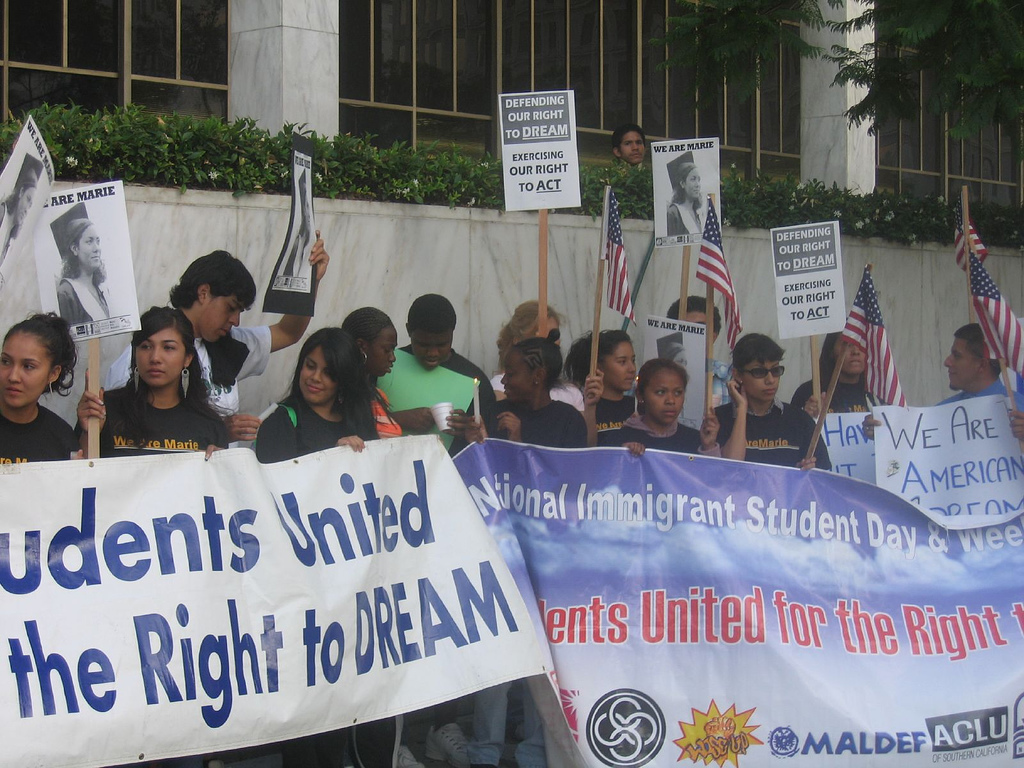
“Life is a journey,” noted Ralph Waldo Emerson, “not a destination.”
Even for lawyers.
We never reach a point of absolute knowledge or complete victory.
Despite attorneys who pretend otherwise and treat clients as second class human beings, the quest for legal certainty never ends.

Her immigration history seemed spotless.
No arrests. No convictions.
A native of Afghanistan, Jawan had lawfully entered the U.S. to study. She met and fell in love with Tony, a naturalized citizen from Egypt, in an economics course.
After their marriage, he filed to immigrate Jawan. She became a legal resident in the early 1980s.

It all began when I was a teenager.
I began organizing student rallies calling for the adoption of multi-cultural textbooks and against the purchase on non-union grapes and lettuce.
The message was simple. Fight for what you believe is right.

If and when reform legislation is passed, many aspects of immigration law will undergo major transformation.
None will change more dramatically than the family-based immigration system for aspiring permanent residents.

Recently, the Massachusetts Supreme Judicial court held that all immigrants convicted of crimes since April 1, 1997 can seek to reverse those convictions.
In order to prevail, immigrants must show their lawyers gave them bad advice about the impact a conviction would have on their immigration status.

Given the possibility of wide-scale changes to immigration law, the Department of Homeland Security has intensified efforts to fight immigration fraud.
That’s good news.
Where’s there immigration reform, immigration fraud follows.

A few days ago, as I set out for my morning exercise, I noticed a neighbor had recently purchased a nice-looking shiny used car.
It looked like it had been re-polished and a few accessories had been added. It seemed to promise a smooth ride.
Whether the engine was up to the journey was another question. The answer, of course, would be forthcoming in a few months.
When I turned the corner, my thoughts switched to immigration reform.
Nine months ago, many friends and relatives decided to buy into a politically used vehicle.
The Democratic Party.

Despite Congressional smiles when cameras are turned on, a meeting of political minds on the contours of immigration reform may not take place anytime soon.
In the meantime, most elected officials agree on at least one issue. Immigrants who seek lawful status must “get in the back of the line”.
Unfortunately, colorful political rhetoric often does not reflect legal realities.
And it’s not a solution.

Our country, government leaders tell us, is in the throes of an economic recovery.
Not too long ago, according to leading monetary and labor indicators, we experienced a long, drawn-out depression. The politicians called it a recession. After being spoon fed the same rhetoric month after month, the public followed suit.
The depression was transformed into a recession.

“Congress,” Justice Stevens once wrote, “like Humpty Dumpty, has the power to give words unorthodox meanings.”
So does the Board of Immigration Appeals.
Like exceptional and extremely unusual hardship.
I have few doubts, based on my experience as a San Diego immigration attorney in the 1990s, a Gingrich-led Congress wanted to impose a higher standard.
Yet, as Humpty Dumpty would tell both Congress and the BIA, the chosen words fall short.














